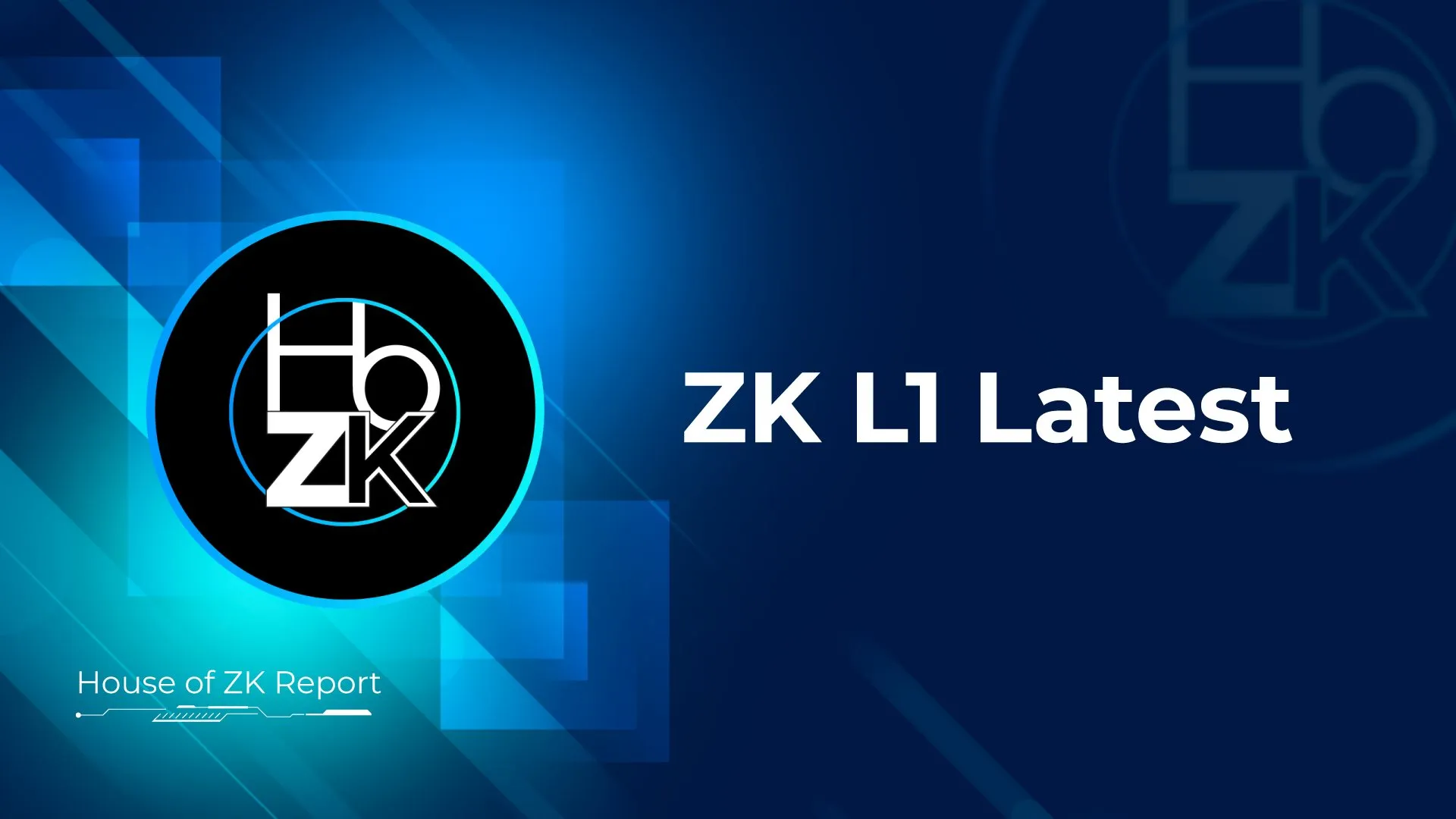
Here we track the progress of the leading builders within the ZK-L1 ecosystem, documenting recent significant releases, technical breakthroughs and general updates.
Featuring: @AleoHQ, @DuskFoundation, @horizenglobal, @MinaProtocol/@o1_labs, @N1Chain, @nockchain, @PsyProtocol, & @Zcash.
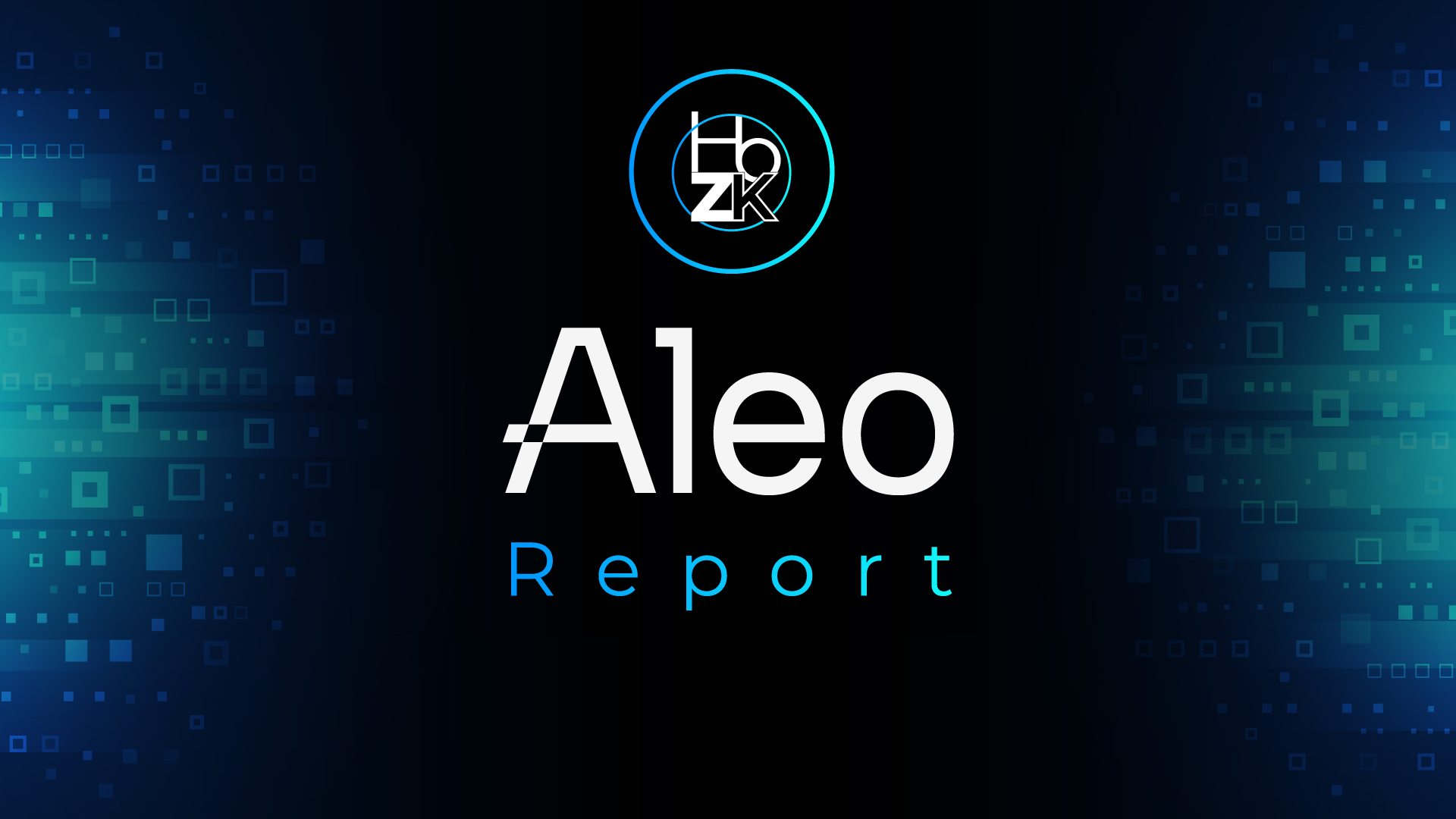
Partnerships
@AleoHQ has partnered with @paxoslabs to launch USAD, a U.S. dollar-backed stablecoin built on Aleo’s L1 blockchain: https://aleo.org/post/paxos-labs-and-ANF-launch-USAD-Private-Stablecoin/
USAD combines smart contract functionality with ZK cryptography to keep transaction details and participant identities private.
Supported by regulated assets, the stablecoin aims to close the privacy gap in digital finance while maintaining compliance and trust for institutional and enterprise adoption.
Team
The Aleo Network Foundation has appointed Deborah Marfurt as Chief Financial Officer to lead its financial strategy as the organization expands partnerships with firms like @BinanceAlpha_ip and @RevolutApp: https://aleo.org/post/Deborah-Marfurt-joins-Aleo-CFO/
Marfurt brings over 15 years of experience in Web3 and traditional finance, including roles at Sequence and McKinsey & Company. She will oversee global finance and scaling efforts, supporting Aleo’s mission to advance privacy-focused, compliant blockchain payments.
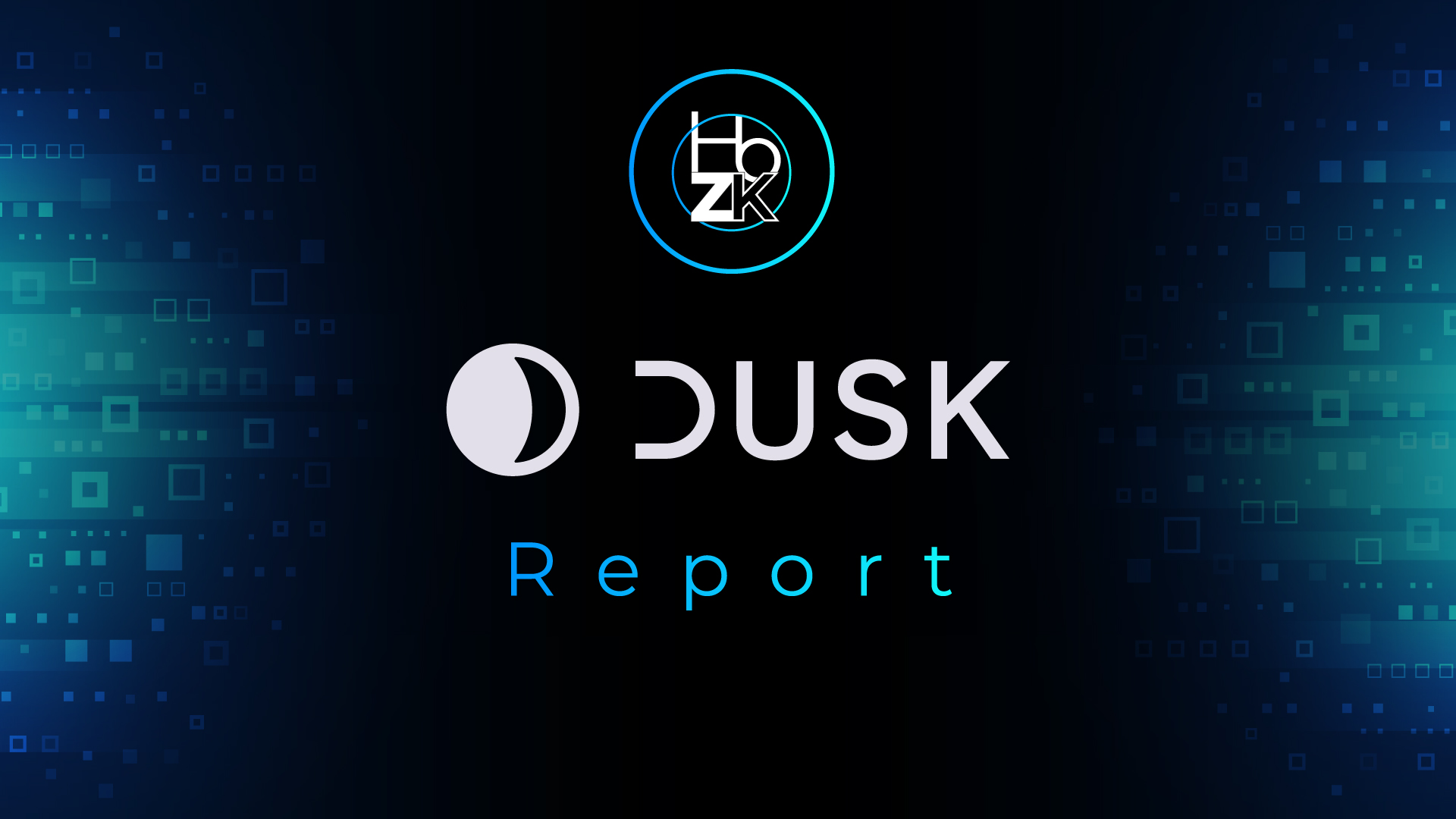
@DuskFoundation shared an article explaining how tokenization can open capital markets to small and mid-sized enterprises (SMEs), which make up 99% of EU businesses but often struggle to raise funds or access liquidity: https://dusk.network/news/tokenization-for-smes
By turning equity and debt into digital securities on-chain, Dusk enables instant transfers, automated compliance, and lower management costs. Its privacy-first infrastructure ensures secure, regulated transactions, giving SMEs the same financial efficiency as large institutions and modernizing private markets.

@horizenglobal and @thriveprotocol announced funding for the next two projects advancing privacy and decentralized trading on the Horizen network:
• @LighterIM: A multi-chain, ZK-enabled decentralized OTC protocol making fiat-to-crypto exchange efficient, secure, and trustless. It uses ZKPs for payment verification, EIP-712/Permit2 for asset transfers, and AI tools for smooth, automated peer-to-peer trading: https://x.com/horizenglobal/status/1975943027798732937
• @Nyra_perp: A private perpetuals market using TEE-secured smart contracts for confidential trading of perps, options, and indices. It enables private positions, rebalancing, and settlements while accessing ecosystem liquidity with minimal fees: https://x.com/horizenglobal/status/1976681899939832129

Mesa Upgrade
@o1_labs shared the following @MinaProtocol upgrades in the “Road to Mesa” series, including:
• MIP: Expanding zkApp State with Fewer Constraints: Expands on-chain state per zkApp account from 8 to 32 fields, so more application data can live directly on-chain. This reduces packing/workarounds, improves composability and audits, and enables richer features with fewer external dependencies: https://o1labs.org/blog/increasing-zkapp-state
• MIP: Preparing for the Next Chapter with More Use Cases: Lifts caps on events/actions by >10× (to 1024 field elements per transaction) and removes per-item mini-caps. Developers can encode larger logs and instructions in one transaction, leading to smoother UX (fewer approvals), lower fees, and more advanced use cases: https://o1labs.org/blog/mip-8-events-actions
• MIP: Performance Dialed Up for zkApps: Roughly triples account update limits per transaction, letting more logic be bundled at once. This cuts transaction splits, reduces costs and user prompts, and supports more complex, high-throughput zkApps without degrading network performance: https://o1labs.org/blog/account-update-limit
Tech
o1Labs shared its latest Mina development update, outlining steady progress across several areas: https://x.com/o1_labs/status/1977867426919506418
The Mesa Upgrade moved forward with a published hard-fork automation MIP, while Account Update and Actions/Events MIPs entered Last Call after a successful dry run, with final OCV tests ahead.
The OCaml Node gained new configuration updates, the SDK released o1js v2.10, and the Rust Node advanced with improved circuits and dashboard features.
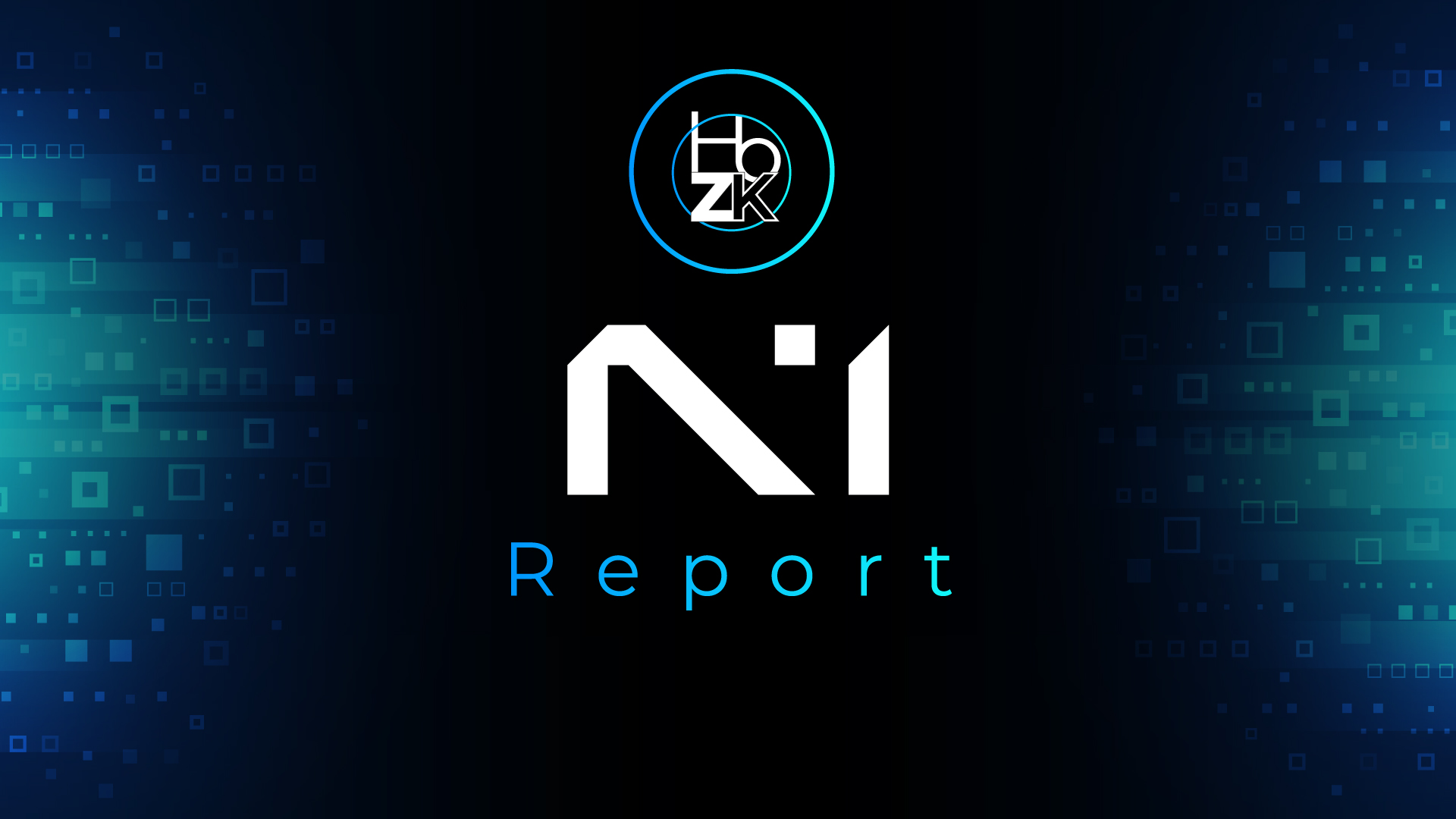
@N1Chain shared its latest updates, which include the deployment of a beta version of an upcoming project, and the @TradeRushApp team releasing their first sneak peek video.
N1 also confirmed that an internal mainnet for @01_exchange has been deployed, several skilled engineers have joined the team, and the official mainnet launch date will be announced soon: https://x.com/N1Chain/status/1971205625838436647
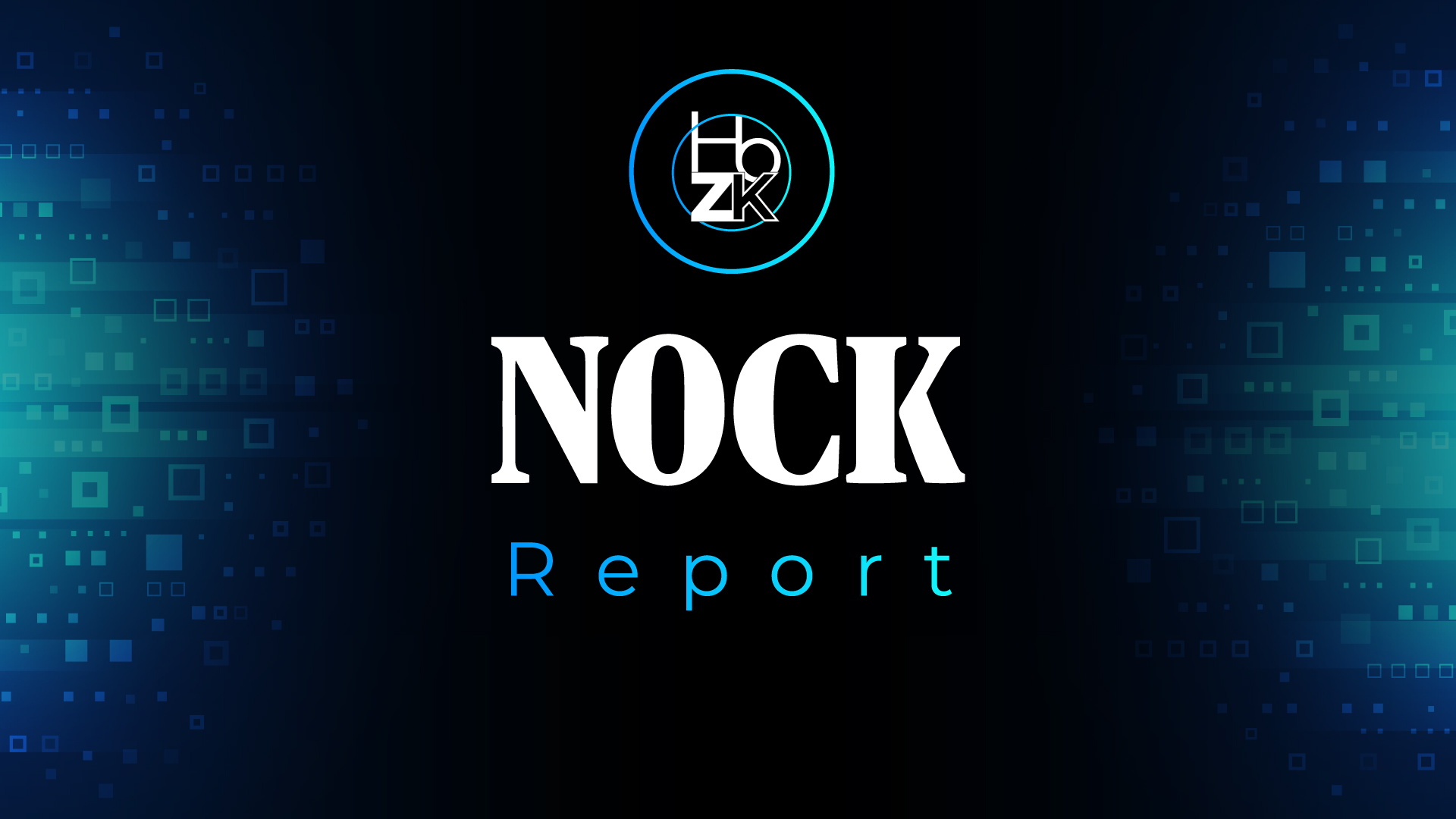
@nockchain has introduced a public gRPC API and a new Light Wallet to simplify development and use on its network: https://nockchain.org/lowering-barriers-light-wallet/
The Light Wallet enables transactions and balance checks without running a full node, supporting fast, resource-efficient onboarding.
The gRPC API provides typed, cross-language access for developers, easing integration across platforms. Together, these tools lower entry barriers for mobile, desktop, and backend wallet builders.
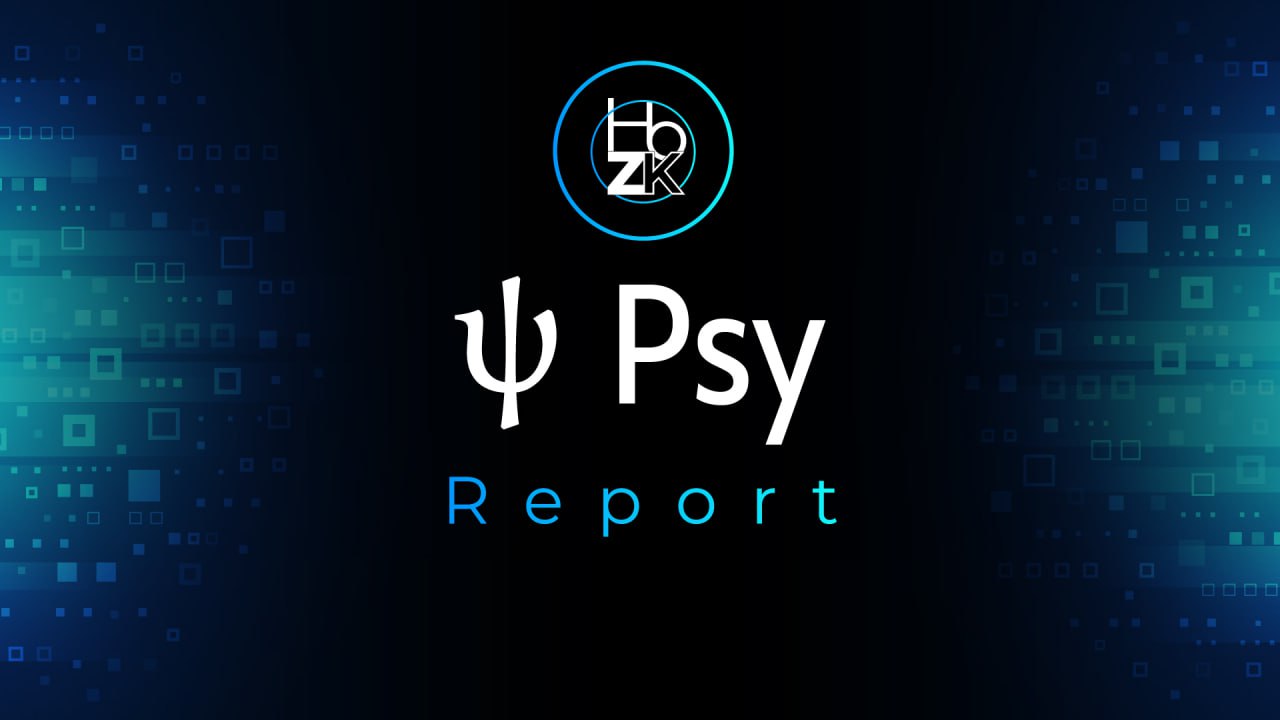
Testnet
@PsyProtocol has launched its public testnet, introducing a blockchain architecture that combines internet-level scalability with @Bitcoin-grade security: https://decrypt.co/342690/psy-protocol-testnet-combines-internet-scale-and-speed-with-bitcoin-level-security
The Psy Testnet enables millions of transactions per second using ZKPs and a horizontally scalable design. Through its Psychonaut Incubation Program, the project invites users and developers to explore, test, and shape the future of decentralized applications.
Media
In a recent episode of @HouseofZK Radio, @cmpeq, Founder of Psy Protocol joined @alicelingl to discuss how the project utilizes ZK technology to parallelize a L1 network and lower verification costs: https://x.com/HouseofZK/status/1966198592797856041
Carter explained the use of software-defined keys through ZK circuits, an agent-centric state model with programmable guardrails, and local proving that batches unlimited user operations while maintaining privacy.
Full podcast: https://hozk.io/radio#72-Carter-Feldman-Founder-of-Psy-Protocol
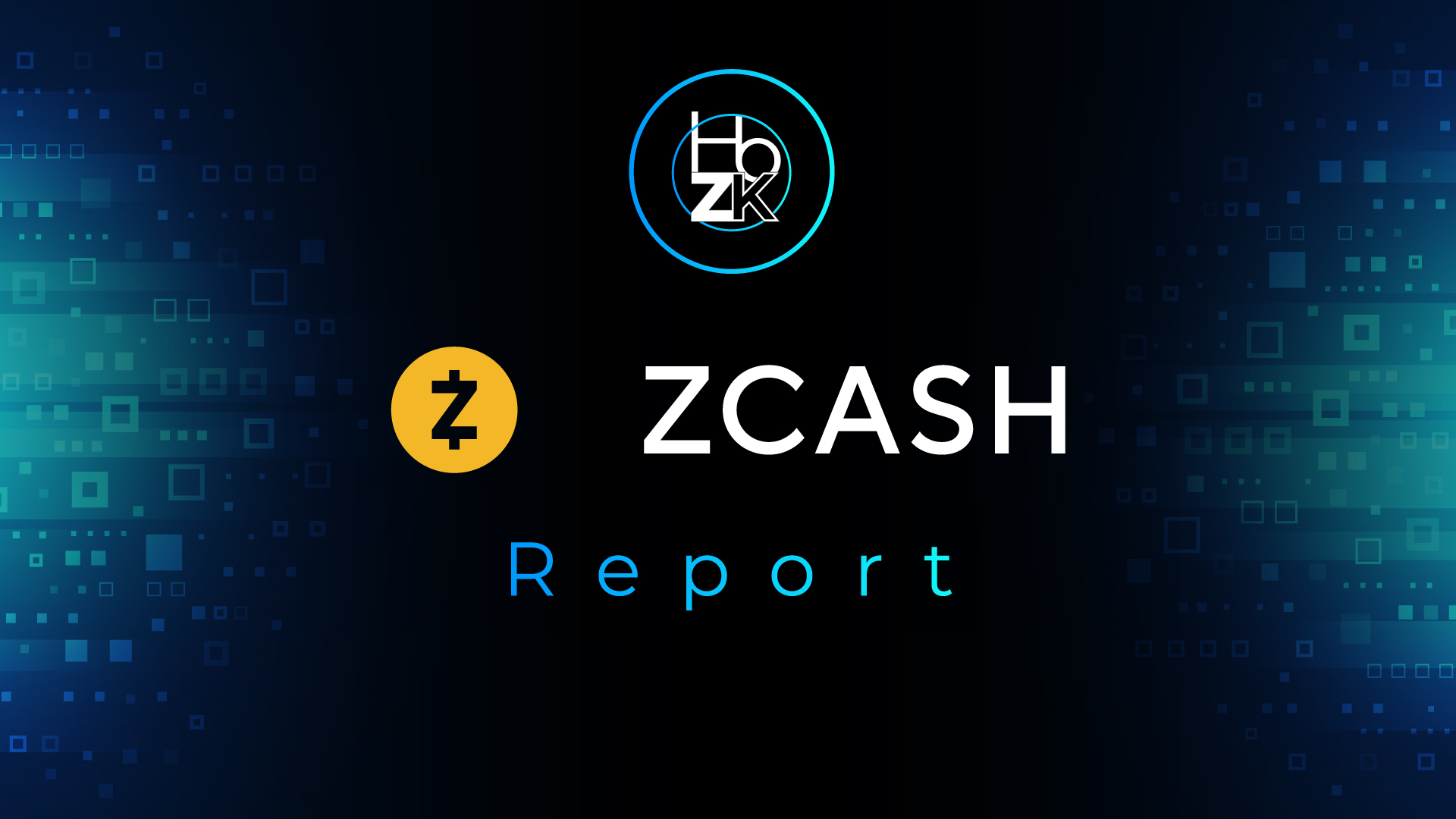
Updates
@Zcash shared key community and development updates highlighting continued growth in privacy-focused finance: https://zechub.substack.com/p/zcash-shielded-news-vol51
Highlights include:
• ZCG Meeting: ShapeShift and Zaino grants approved; other proposals declined pending stronger plans.
• ECC Update: Rising global demand, new wallet features, and protocol scaling mark Zcash’s “tipping point” toward wider adoption.
• Hackathon Results: Developers built privacy-first apps, with ZEC-Bounties, Zyberquest, and Banana Betting taking top honors.
• Community Events: Zcash teams engaged globally at @token2049 and Network State conferences.
Zebra
@ZcashFoundation has revamped Zebra’s continuous integration and testing systems to make contributing easier and faster: https://zfnd.org/making-zebra-more-accessible-major-ci-cd-improvements-for-contributors/
All workflows now run on GitHub, eliminating dependencies on external services. Tests execute more efficiently using cargo-nextest, and Docker images build directly within GitHub Actions. These updates simplify configuration, reduce build costs, and allow contributors to run full CI suites on forks without special permissions.
Payments
@ZcashCommGrants announced that the Zcash plugin for @BtcpayServer now supports Orchard and Unified Addresses, enabling merchants to accept shielded ZEC payments using the latest privacy pool: https://zcashcommunitygrants.org/news/2025/10/12/unified-address-support-zcash-plugin/
The update also improves currency rate handling with new ZEC-BTC and ZEC-EUR options. Users can upgrade by updating their viewing key and Docker setup. The integration was developed by community contributors @hhanh072 and @1337bytes.